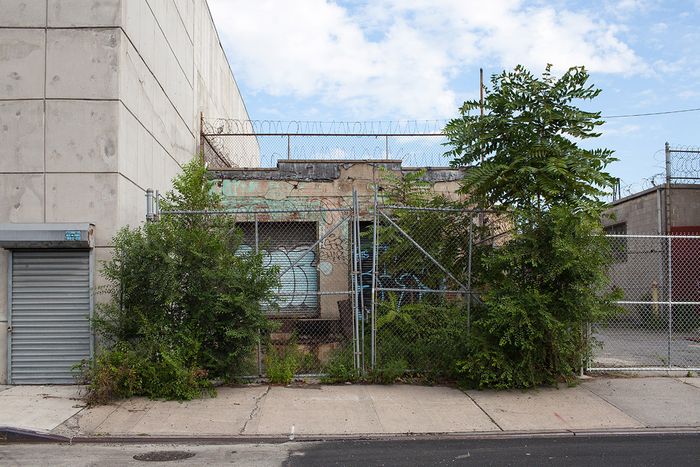Ellie wrote an essay that was recently published in the Brooklyn Rail. She makes a case for weeds, in urban spaces that are lacking in green spaces.
Based on growing evidence for the role of greenspace in mental health and the importance of plant life for a slew of environmental services (including temperature regulation, air quality improvement, and soil stabilization), the plant community I work with is beneficial and should be embraced. A small but growing cadre of defenders respectfully refer to these plants as “spontaneous urban plants” that inhabit “novel ecosystems” which are in urgent need of further study.

To the average city-dweller, and compared to their cultivated counterparts, the species I advocate for can appear “messy” and unrefined: flowers that are too small, seed pods that are too big, thorns that tear clothing, roots that reach into brick and asphalt. They may seem indicative of disrepair, of indolence, of a community down on its luck or still climbing towards peak gentrification. It is perhaps this sensibility that drives building superintendents and maintenance crews out into the streets to “clean up” (massacre) these plants on a regular basis.
As the Weedy Species Alliance motto goes: “Let the Dandelions Live!”
See also: Feral Landscape Typologies and The Next Epoch Seed Library